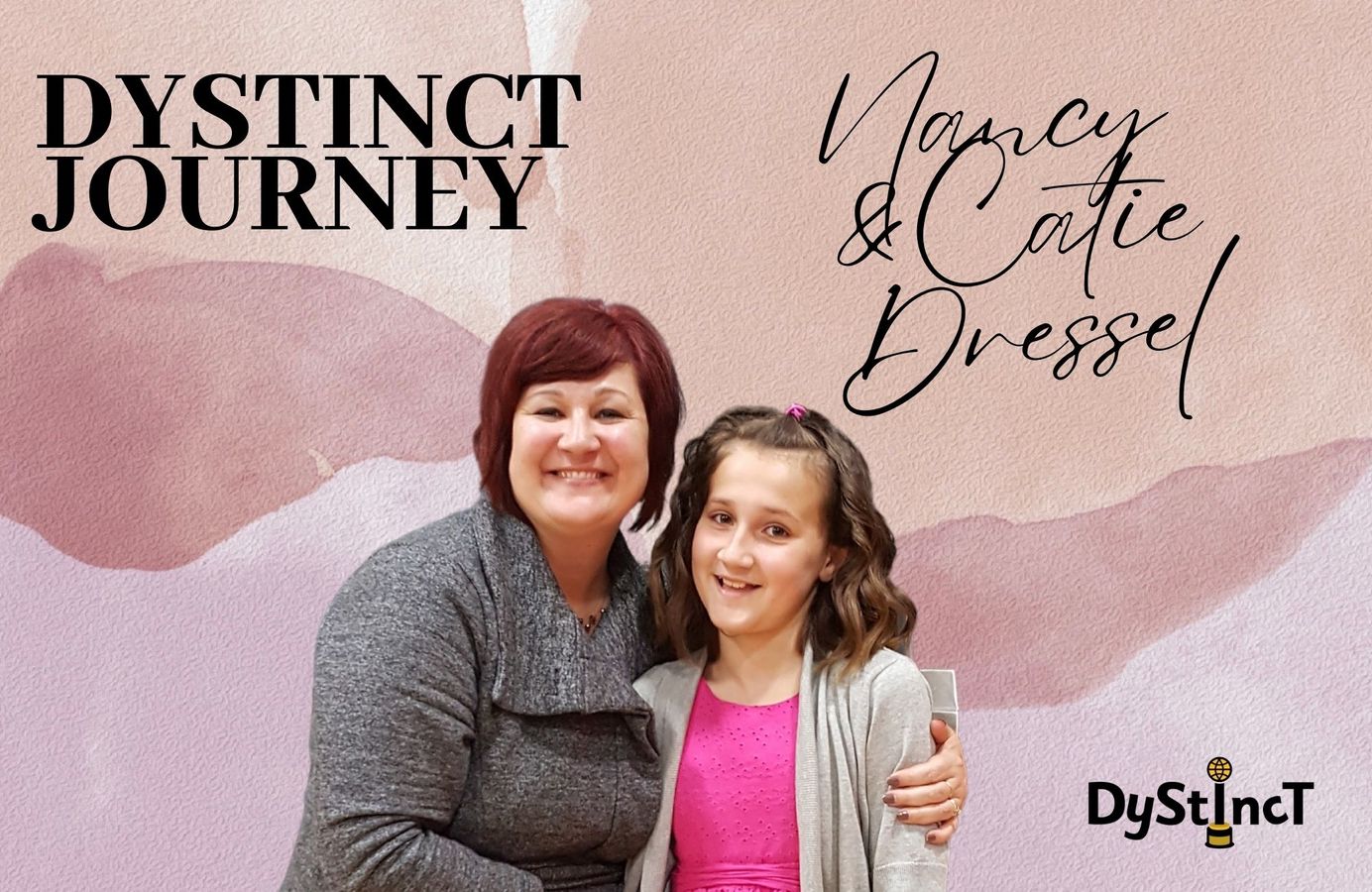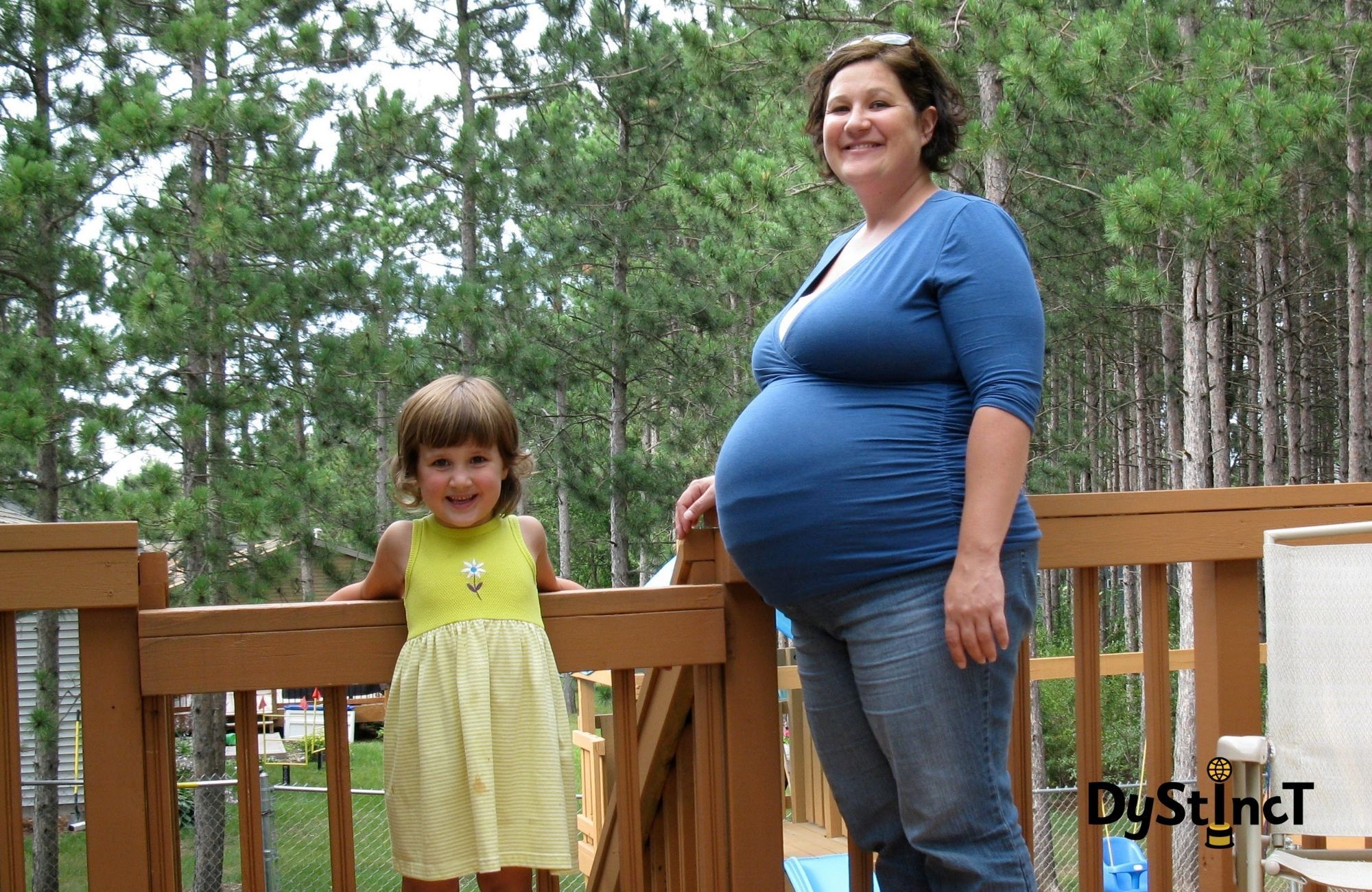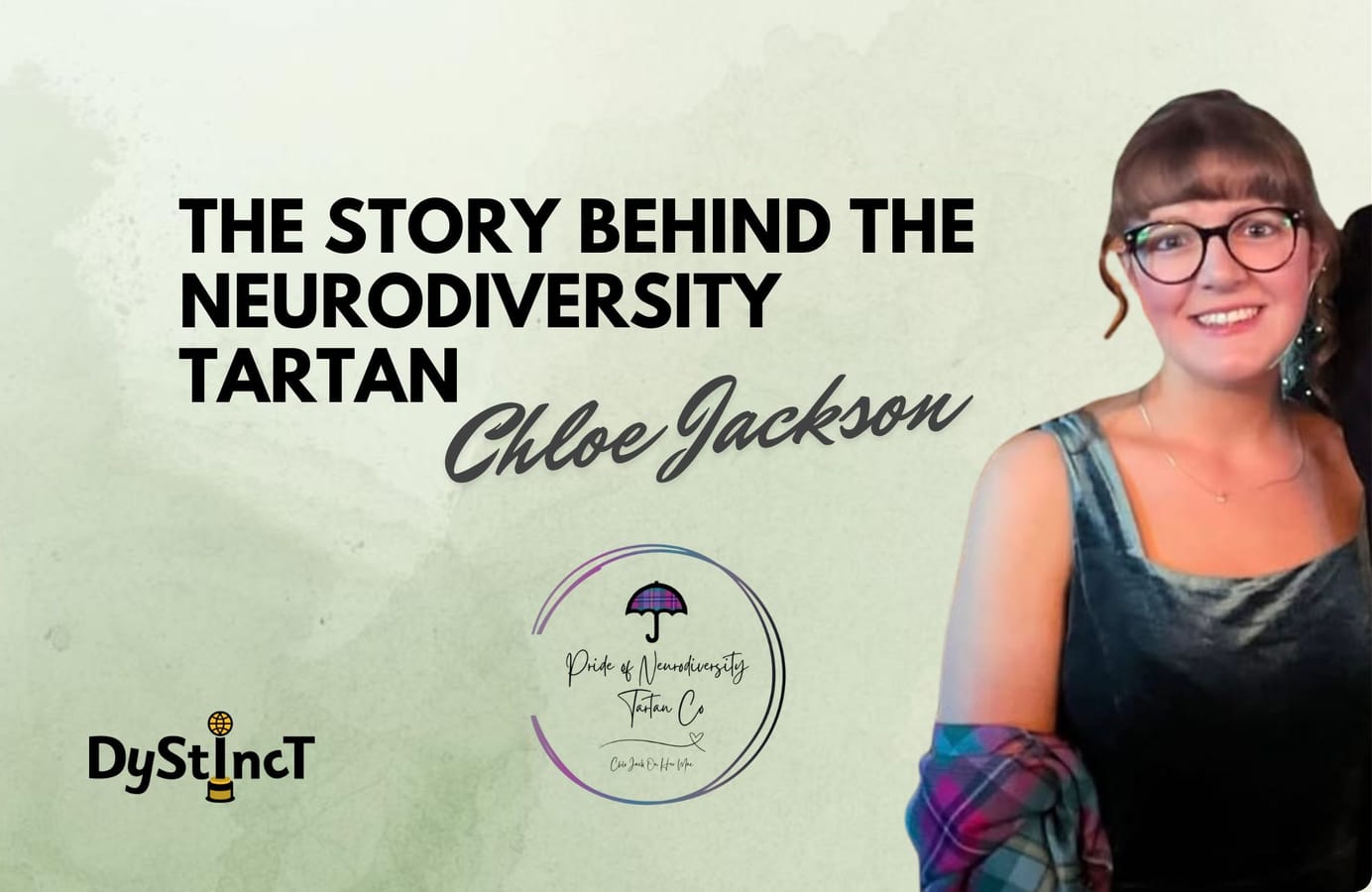
Issue 13: The Dystinct Journey of Nancy and Catie Dressel
The story of Nancy Dressel, a neurodiverse mum who desperately tried to seek help for her children's ongoing challenges with learning difficulties for over a decade. When help finally arrived in the form of a 3-day EBLI workshop, it ended up changing her life too.
"I was especially ashamed of my struggle with reading and spelling. My human desire to achieve, fit in, and belong was great, but only I knew the truth. Only I knew I had to do everything differently. Only I knew how much time and energy it took to maintain my system. Only I knew that it could all fall apart at any moment. Only I knew that everything was at stake because if anyone figured out how stupid I really was, any hope I had for a successful future would be gone," shares Nancy.
Nancy grew up in a household with supportive parents who valued education. They provided every opportunity for their children to develop a love of learning. "My parents read to us, signed us up for activities, took us on vacations, and got us audiobooks from the day they were available. I remember my dad having a big binder of 20 cassette tapes that we'd flip in and out to listen to audiobooks. Then, my mom would check them out from the public library when it was a pack of 5 CDs to listen to a book. I think my parents did what they enjoyed most and didn't realise they were compensating for anything. That definitely grew my oral language comprehension skills which helped me compensate. Also, I came of age when computers were becoming available in schools. My parents sacrificed and saved up money to make sure we had a computer at home. They expected all their children to go to college and achieve a higher level of education than they had, and they knew that technology would be important for that. For me, having access to a computer was a life-changing accessibility and compensation piece."
Nancy never knew why she was different, but she knew that she had to somehow fit in, and she progressively learned to do a brilliant job at it. By the time she reached high school, she was like a "chameleon". She had learned how to camouflage her struggles using all the resources that were available to her.
Determined to be "a champion for the underdog", Nancy took up a bachelor's in education. During those years, she honed her compensation strategies and even managed to fool a professor into calling her "gifted". "I struggled in college in the first semester, but I learned how to compensate quickly. I experimented and figured out a strategy to predict the answers to multiple-choice questions by observing their patterns, so I didn't have to read the entire selection. Post-college, I chose alternative learning options. I completed my master's and school administrator certifications in a learning community format, where we met on weekends and did a portfolio. As soon as online classes became available, I chose that format as often as possible because it had built-in flexibility and compensation strategies."
Her love for technology, which played a significant role in getting her through school and college, saw her take up a role as a library media specialist as soon as she graduated. "I started my career right when technology was taking off in schools, and that became my passion. I loved learning and loved the culture of school. I was passionate about helping others 'learn how to learn.' - I had no idea at the time I was passionate about self-regulation, executive functioning skills, study skills, accessibility, and compensation strategies."
I was passionate about helping others 'learn how to learn.'
The next twenty years saw Nancy start a family and move through several different roles at public schools in small rural towns near her home in Somerset, Wisconsin. Three of her children were identified as having ADHD. Additionally, her oldest and youngest are dyslexic and experienced significant struggles with anxiety. Nancy had developed strong coping mechanisms, and since she came out the other end successfully, she was lulled into a false sense of comfort that her kids, despite their struggles, would turn out fine too. "I disregarded a lot of things because I have ADHD and am dyslexic myself and assumed, 'Hey, I graduated from high school, I made it, so my kids will be fine too.' Being dyslexic, it's particularly hard when you receive test results or reports during a parent meeting. That certainly was not enough time for me to read and process it and contribute. I'd say shame is how I would describe my experience. We did everything we could, but even having the conversation, especially when your perspective is quickly dismissed, feels very isolating and shameful."

This post is for paying subscribers only
SubscribeAlready have an account? Log in


